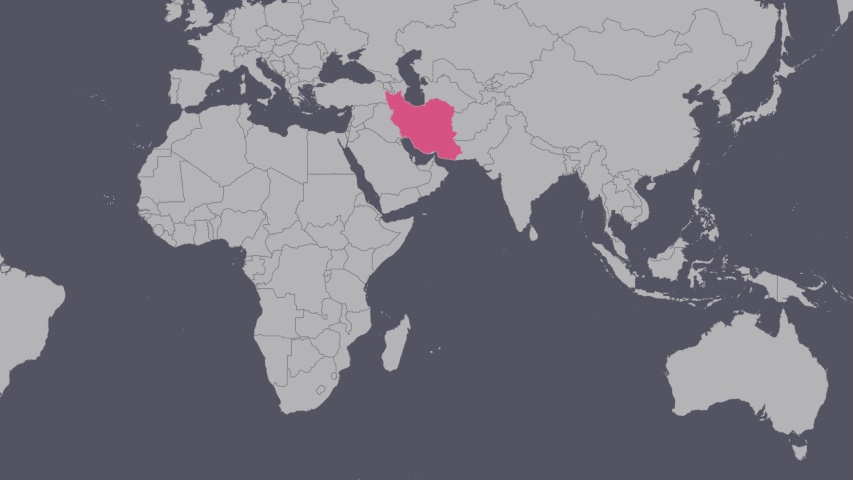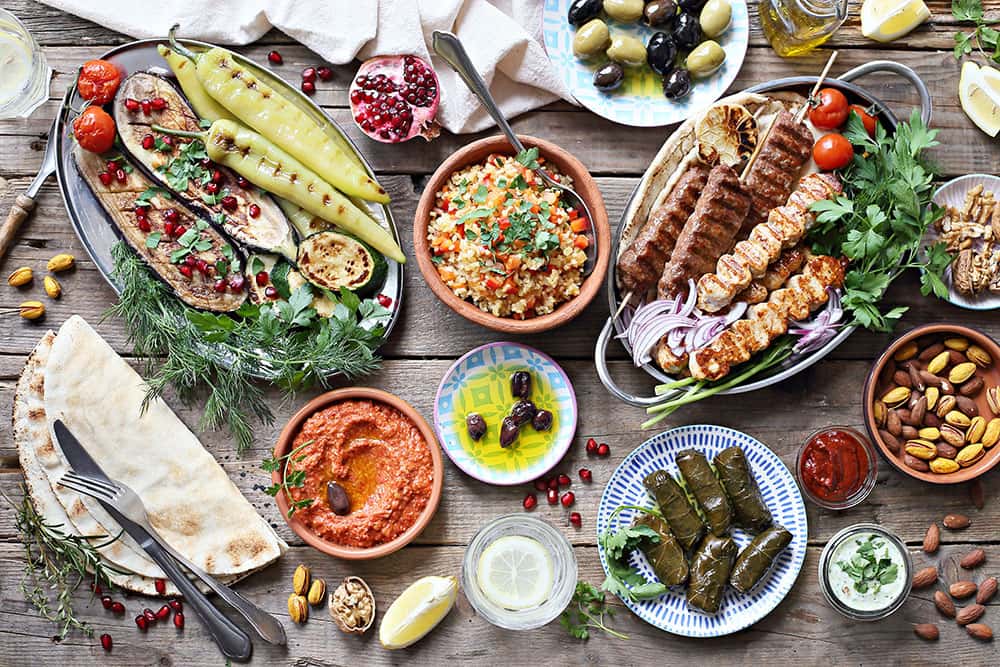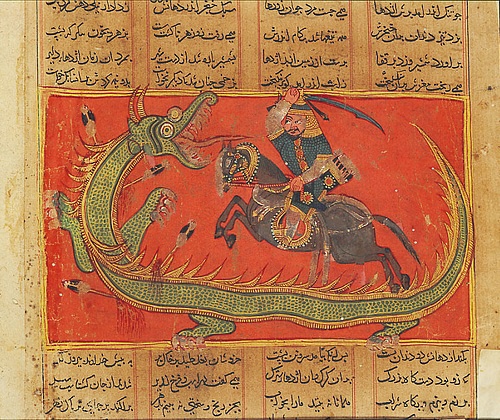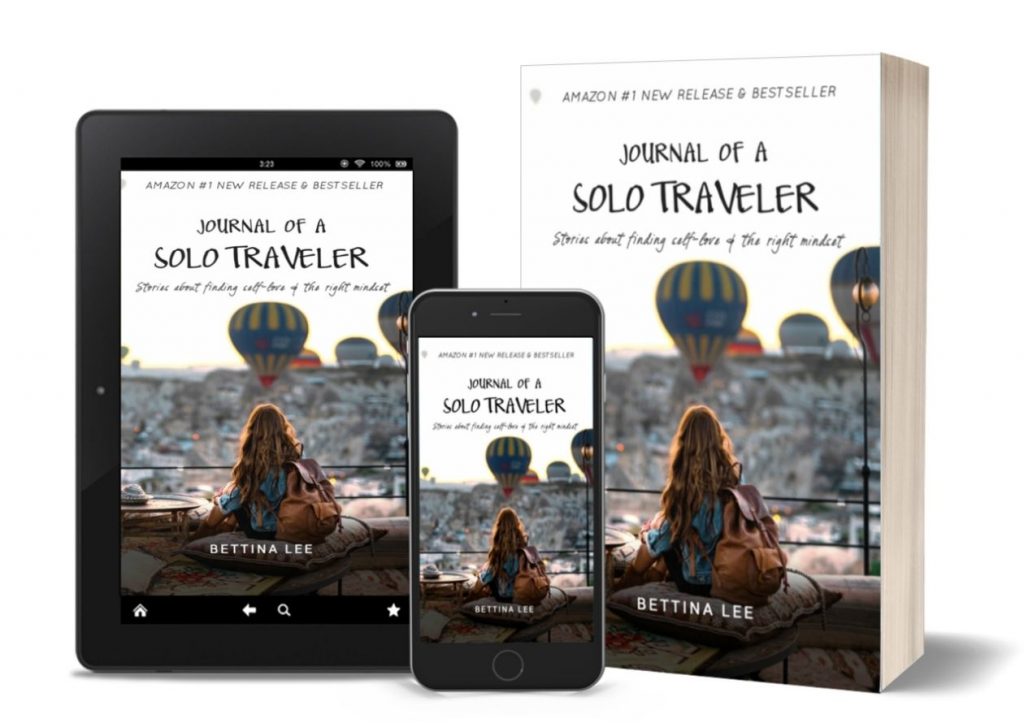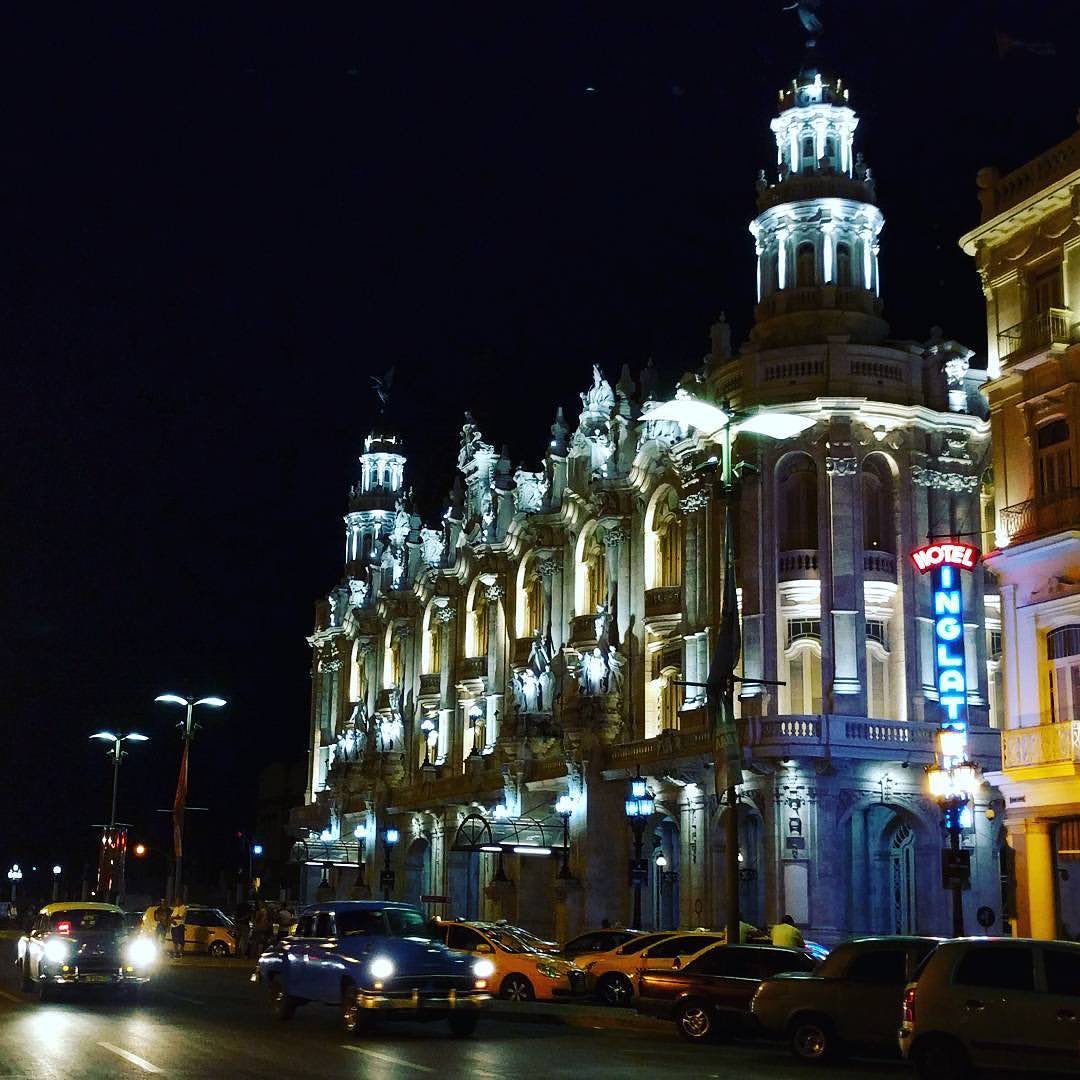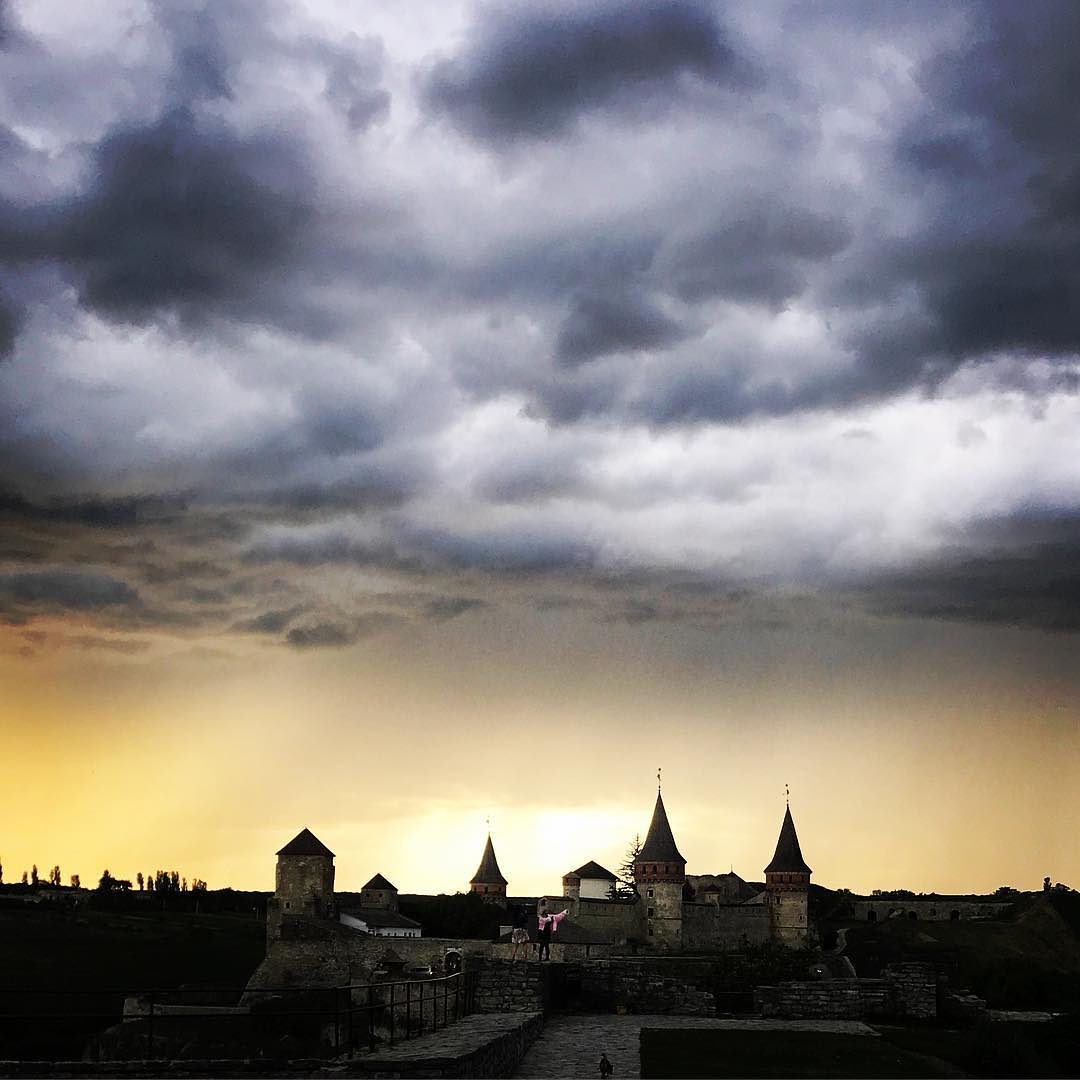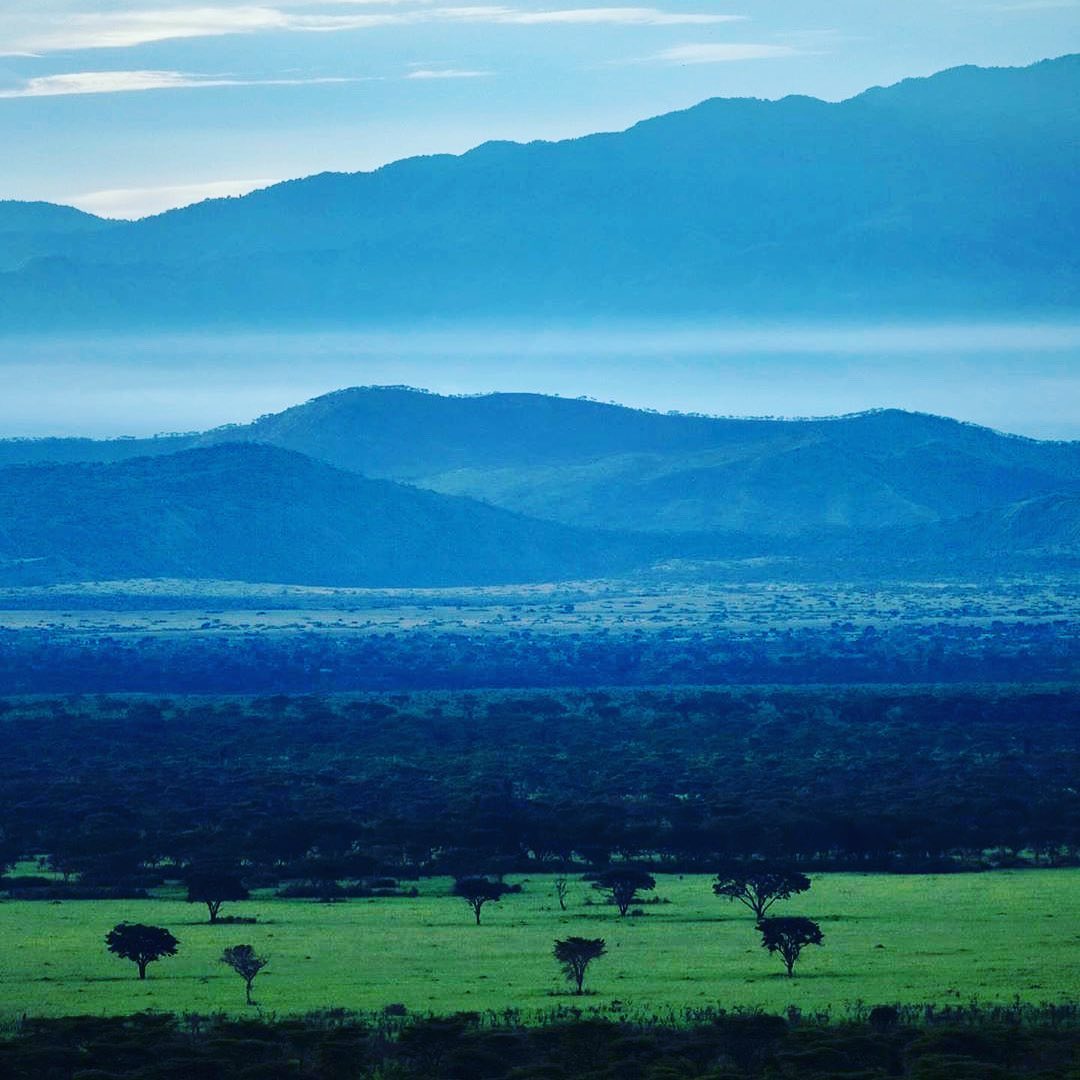Malihea and I met when I visited Iran back in 2016. She was born and raised in the Islamic country, and worked as an art lecturer as well as a licensed tour guide.
Last week, we were on the phone to catch up and talk about Iranian hospitality, tourism, marriage, safety and more. Below is part of our dialog that you may find interesting.
B (Bettina): Remember when you found out about my plan to visit Shiraz, you called your cousin right away and the two of you decided I should stay at her place as a houseguest? Why are Iranians so hospitable?
M (Malihea): I’ve read your book and know that you had many hosts invited you to stay with them. You were very lucky because not a lot of people here accept houseguests. Some traditional families don’t take strangers into their homes. Once we had a couple of high school students visiting from the Czech Republic, and I tried to get my friends and relatives to host them in Shiraz, Yazd and other cities, but a lot of them said no.
We choose whom we want in our homes because once we let them in, we cannot throw them out. One time a friend of mine agreed to host a German lady. She told my friend she had no money and asked him to pick her up at the airport. She would stay out late and smoke in his apartment. My friend was so annoyed but he couldn’t ask her to leave.
B: That’s bad. I’ve also heard stories about people making a mess or working their hosts like servants. When someone is kind enough to receive you as a guest, the least you can you do is to show some respect.
M: We live with our parents until we are married. One time a guy requested to stay at our place. I told him we had no room and he would have to sleep in the hallway, but he said he wanted a room. I told him off by telling him to take out his wallet to pay for a hotel room.
B: You used to be a tour guide. Did you find paying customers even more difficult?
M: There could easily be more than 40 tourists in a group and they all wanted to do different things, so I had to be very patient with them.
Iran is an Islamic country and drinking is not allowed. I’ve had drinkers in my group that got themselves hurt when they were drunk, and tour guides that got put in prison for 48 hours because they let tourists consume alcohol that was smuggled from Iraq.
I know a very irresponsible tour guide who left tourists behind three times because he never counted how many people he had in his group. A lot of tour guides let shopkeepers overcharge people so they could get more commissions. It’s very bad for them to think that tourists equal money.
But I didn’t accept commissions. I enjoyed being a tour guide because I liked introducing Iranian history and culture to tourists.
B: You were a terrific tour guide. You were very knowledgeable, and you would fix my headscarf so it didn’t fall off my head. You even paid for my meals.
M: I took you out as a friend and I was not in it for the money. I got paid teaching art in schools, and I could make money working for travel agencies.
B: When would you say is a good time to visit Iran?
M: It depends on what you want to do here. We have different weather in different parts of the country, and many different things to do. You can go skiing or snowboarding in winter, do birdwatching in the fall, see the deserts, visit different tribes. We are an ancient country and have lots of monuments. You need to know what you want to see and do your research before you come. A popular route is to go to Tehran, Isfahan, Shiraz, Yazd and Kashan. You need at least ten days to see all that.
B: Is there any time when people should avoid going to Iran, like during Ramadan?
M: Yes, Ramadan can be difficult for some people because restaurants are open only between evenings and morning prayer times.
I think Iranian food is delicious. Tourists should come when they can try more Persian food in different restaurants.
B: How would you recommend women to dress when they visit the country?
M: Hair must be covered so a scarf is needed. Sleeves must be long enough to cover the elbows, pants and skirts long enough to cover the knees, and they need to wear socks to cover their feet. Clothes can be in any color, and you can put on makeup. People think you are ill if you don’t wear makeup.
Women in Iran are very stylish. I’d say we are more fashionable than those in Paris. Our boutiques are opened till 9:30pm for us to shop for clothes.
B: I have heard from someone that all Iranians are poets. You know I bring a little notebook with me and I always ask people to write me something as records of our meetings. When I was in Iran, a lot of you wrote me poems.
M: Persian language is very rhythmic. We had a poet called Ferdowsi who spent 30 years writing 60,000 rhyming couplets with no Arabic words to preserve the Persian language. His works have had huge linguistic influence and we have a square named after him in Tehran.
We have had lots of famous Persian poets like Hafez, Saadi, and Rumi. We call them mawlānā (scholars). The people here can recite famous poems, but not everyone is a poet.
B: I saw in the news that women were not allowed in stadiums before 2019. Why is that?
M: Maybe they didn’t want us to hear men swearing. Hahaha.
B: Another thing I want to know more about is your marriage contracts. An Iranian guy told me he will never get married because he wouldn’t want to pay a girl $200,000 if they decide to get divorced one day, but another guy said it doesn’t always involve money.
M: Contract terms are agreed between families. A girl could ask for 1,000 gold coins, or just 5, or she could ask for the right to work after marriage, or the right to divorce the guy, or the right to travel. It all depends on what the girl wants and whether the guy accepts it.
B: Ah ok, now I get a better picture. I remember you mentioned after a woman gets married, she needs an approval from the husband to get a passport.
And a guy needs to have served in the military before he can get his passport, right?
M: Yes, serving in the military is compulsory for male between 18 and 49 years old.
B: Would you say Iran is a safe country for travelers?
M: You have been here. What do you think?
B: I think it was very safe.
M: It’s definitely safe.
B: No more wars.
M: Not for the past 30 years.
—
Malihea is a friendly and independent woman who took very good care of me while I was in her country. She knows I have published my first book and is now planning to write hers – one will be an autobiography about her life in Iran, and another one about her spiritual experience in India.
If you have any question about Iran for Malihea, leave a comment below or send me a message, I will be glad to help forward it to her.
Love Traveling?
Subscribe to my monthly eNewsletter for more solo travel stories, tips and inspirations!


